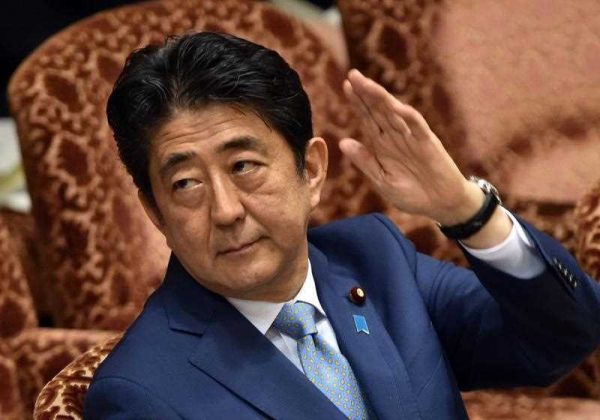As a result, there is something for everyone here, even if some will not (and perhaps will never) find enough within it to be satisfied.
Most Japanese citizens will be comforted by the appreciation of what they had to endure and may be inspired by the reminder of how much they have accomplished in the last 70 years. Abe’s political supporters will be unsettled by his references to aggression. But they will appreciate his acknowledgement of the sacrifices of Japan’s veterans — and likely will value the mention of Taiwan as an equal to other neighbouring states. Most Japanese — not just those on the right — will appreciate Abe’s insistence that future generations should not be burdened by the fate of having to apologise, though one hopes they fully embrace his important addition that they do have an obligation never to forget.
Japan’s current allies and former enemies will be reassured by his explicit acknowledgement of Japanese aggression, by his reaffirmation of the constitution’s pledge never to resort to force to settle international disputes and by his gratitude for their forgiveness and ability to transcend hatred. They will welcome his reaffirmation of liberal values such as freedom, democracy and human rights.
It remains to be seen if China and South Korea will be mollified by Abe’s use of the active voice in acknowledging the ‘unbearable sufferings caused by the Japanese military’ and by his recognition of how Japan inflicted ‘immeasurable damage and suffering upon innocent people’ — particularly women ‘whose honour and dignity were severely injured’.
But, even in the absence of an explicit apology of his own or of a direct mention of ‘comfort women’, Abe has left an opening for renewed efforts at reconciliation should China and South Korea wish to seize upon it. In short, it is a mark of effective rhetoric when each constituent can find something they want. And, issued as it was with the imprimatur of the Cabinet, it seems as close to statesman-like as one could expect from a leader who so often in the past has campaigned against the liberalism and self-flagellation he found embedded in a ‘post-war’ regime imposed by the victors upon the vanquished.
Richard Samuels is Ford International Professor of Political Science and director of the Center for International Studies at MIT.

